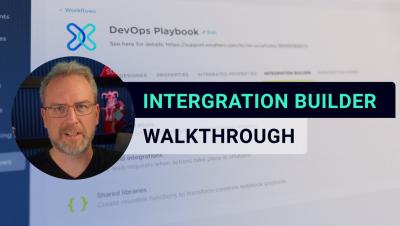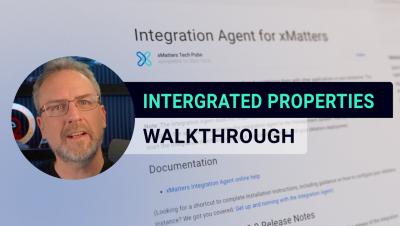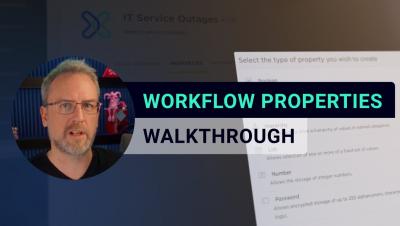Operations | Monitoring | ITSM | DevOps | Cloud
xMatters
Workflow Form Layout - xMatters Support
xMatters Out Run Release Recap: Service-centric Automations, Callable Flows, and More!
What’s one of the fundamental principles of DevOps? Automation. There are many ways to leverage automation to facilitate DevOps practices for enabling consistency, reliability, and efficiency within the organization. That’s why we’re taking serious strides to ensure that xMatters can allow full automation and coordination of the many tools we use to make incident management easier and more efficient for front-line responders.
Workflow Forms - xMatters Support
Creating Subscription Forms - xMatters Support
What Is a DevOps Toolchain and How Does It Work?
Picture yourself trying to resolve a code error when you notice an additional issue outside your realm of expertise that's making matters worse. Your instinct is to get in touch with the right contact as quickly as possible to resolve the issue so that there's no further impact on the system's uptime. But what if you can't get in touch with them immediately, or don't know who to contact? Instead of trying to solve the problem without support, a DevOps toolchain could have mitigated this chain reaction from the start.
Integration Builder - xMatters Support
Integrated Properties - xMatters Support
Workflow Properties - xMatters Support
A Day in the Life of a DevOps Engineer
In the past five years, DevOps adoption has almost doubled. In fact, 74 percent of companies now use DevOps in some form. As a growing number of organizations seek to implement DevOps practices, the need for qualified DevOps engineers is soaring. But what exactly does a DevOps engineer do, and what skills are required to succeed in this in-demand role?











